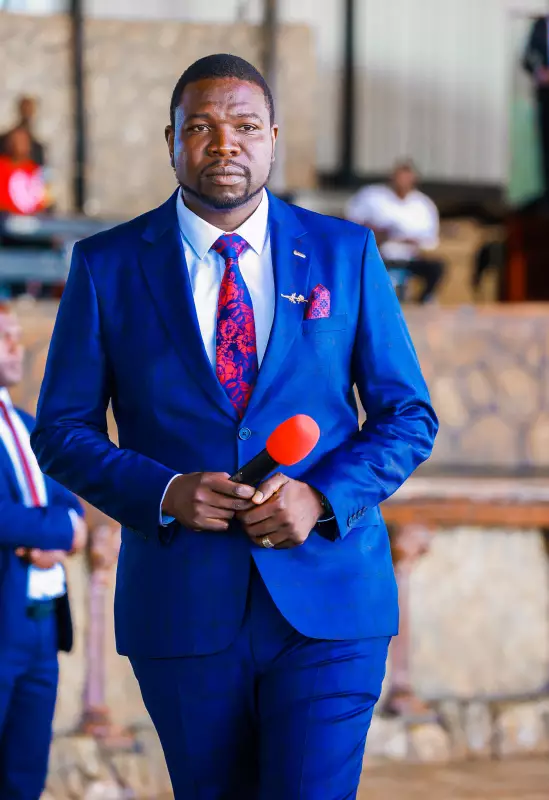
In a dramatic turn of events that has sent shockwaves through religious circles, controversial Zimbabwean prophet Isaiah Shingai Mawire finds himself behind bars facing serious criminal charges. The self-proclaimed man of God, who once gained notoriety for claiming he could cure HIV/AIDS through spiritual means, has been arrested on allegations of r3pe and fraud.
From Pulpit to Prison
The 37-year-old founder of the Victory World International church was taken into custody in South Africa following multiple complaints from his congregants. According to authorities, Shingai faces two counts of r3pe and three counts of fraud, marking a stunning downfall for the charismatic preacher who once commanded large followings.
History of Controversial Healing Claims
Shingai first made headlines years ago when he boldly declared he could cure HIV/AIDS through prayer and spiritual intervention. His controversial healing sessions attracted hundreds of desperate people seeking miraculous cures, despite warnings from medical professionals and health organizations about the dangers of such claims.
"This arrest serves as a stark reminder that no one is above the law, regardless of their spiritual status or following," stated a police spokesperson familiar with the case.
Pattern of Exploitation Emerges
Investigators revealed that the fraud charges stem from Shingai allegedly soliciting large sums of money from followers under false pretenses. The r3pe charges involve two separate incidents where the prophet allegedly abused his spiritual authority to exploit vulnerable female congregants.
Former church members have begun speaking out about what they describe as a pattern of manipulation and financial exploitation within the ministry. One former follower, who wished to remain anonymous, disclosed how Shingai would pressure members for increasingly large "seed faith" offerings with promises of miraculous returns.
Warning Against Fake Prophets
Religious authorities in both Zimbabwe and South Africa have used this case to reiterate warnings about false prophets who exploit people's faith for personal gain. The case has sparked renewed conversations about regulating religious organizations and protecting congregants from spiritual abuse.
"When spiritual leaders start making medical claims they cannot substantiate, it should raise immediate red flags," commented a religious studies expert from the University of Zimbabwe.
Legal Proceedings Underway
Shingai remains in custody as legal proceedings continue. If convicted on all charges, he could face substantial prison time. The case has drawn significant media attention across Southern Africa, with many viewing it as a cautionary tale about blind faith in charismatic religious figures.
This development serves as a powerful reminder to always verify extraordinary claims and maintain healthy skepticism, even when they come from seemingly authoritative spiritual sources.





